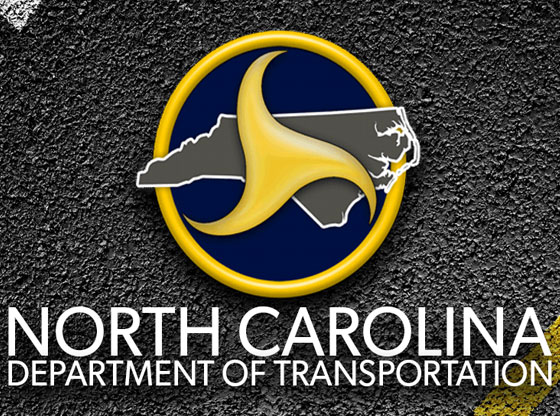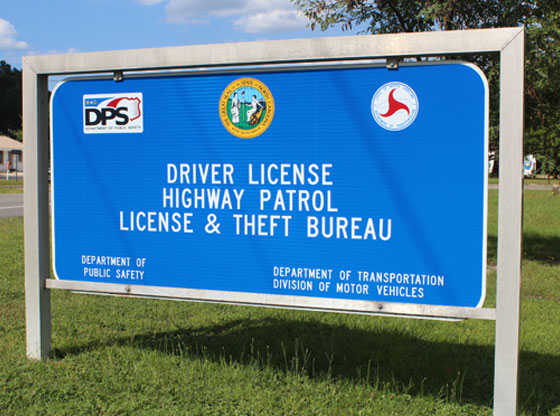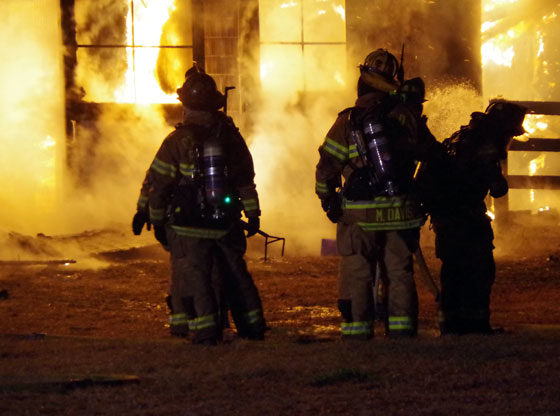State lawmakers recently passed key infrastructure reforms to enable the installment of 5G broadband technology across North Carolina.
Unlike existing broadband networks that connect mobile devices through large cell towers, 5G networks require a much larger deployment of small cell equipment.
Those deployments faced outdated regulations in North Carolina that slowed the installments of wireless antennas to provide internet speeds up to 100 times faster and connect exponentially more devices.
Lawmakers say those regulations caused delays in the state’s competition for global investments and jobs, until now.
House Bill 310 Wireless Communications Infrastructure Siting removes barriers to efficient deployment of 5G wireless infrastructure by enabling broadband equipment permitting on public utility poles and state right-of-ways across North Carolina.
Lead-sponsor Rep. Jason Saine (R-Lincoln) was joined by Rep. John Torbett (R-Gaston) and Rep. Michael Wray (D-Northampton) in passing legislation to improve internet speeds for mobile customers in North Carolina.
“Upgrading wireless networks to 5G technology will fundamentally change the way we use the internet,” Saine said in a Lincoln-Times editorial titled ‘Building on Our Legacy of Innovation.’
“Capital tends to flow to places that are ready for investment and House Bill 310 sends the signal that North Carolina is ready for that investment.”
House Bill 310 allows providers to deploy small cells responsibly by having reasonable access to existing local infrastructure within and outside of the public rights-of-way.
“North Carolina now competes in a global marketplace,” said House Speaker Tim Moore.
“Along with tax reductions and regulatory reforms, the state House is committed to modernizing our infrastructure to remain a national leader in economic growth.”
The legislation:
Permits placement of small wireless antennas and equipment on city utility poles in public rights-of-way;
Authorizes cities to assess fees on wireless providers for occupation of rights-of-way and utility poles;
Authorizes the North Carolina Department of Transportation (NCDOT) to issue permits to wireless providers for placing wireless antennas on state rights-of-way;
Streamlines processes for efficient deployment of 5G wireless equipment.

















